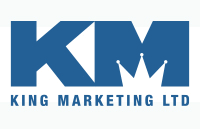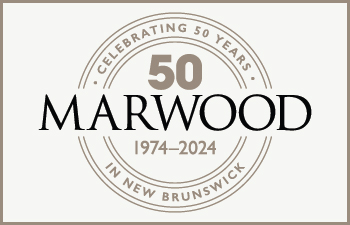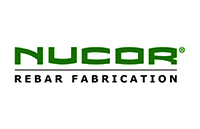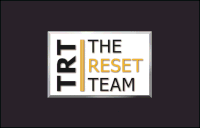 Donald Cooper is a Toronto-based speaker and business coach. Using his vast experience as a manufacturer (Cooper Canada sports equipment) and an award-winning retailer, Cooper has helped hundreds of companies in over 40 industries around the world to create compelling customer value, clarity of purpose, and long-term profitability.
Donald Cooper is a Toronto-based speaker and business coach. Using his vast experience as a manufacturer (Cooper Canada sports equipment) and an award-winning retailer, Cooper has helped hundreds of companies in over 40 industries around the world to create compelling customer value, clarity of purpose, and long-term profitability.
Whether your business is large or small, or whether you’re a business owner or department or divisional manager, one of your most important jobs is growing your people. In fact, you can’t grow your business without growing your people.
I’m constantly amazed at how few of my clients have ever sat down with each of their key people to ask them where they’d like to be in the business and in their lives in three to five years, and how they’d like to help the company grow.
These important conversations almost never happen—and many of the best people leave. A recent poll of over 2,000 employees in the UK shows that only one in 10 believed they had long-term opportunities for growth with their current employer. They’re just doing a job. They don’t feel they have a career.
Part of this is because most business owners and managers themselves are not thinking three to five years ahead. They’re too busy solving today’s problems. They have no clarity about the future of their business, so they can’t or don’t want to talk about it with their team.
If growing your business by growing your people makes sense to you, consider these three questions:
Question #1: What will your business, your division, or department look like in three to five years? How big will it be? Where will it be? What will it be doing? How will it operate? In what specific ways is it likely to be different from how it looks and operates today? How must it change and how must it be ‘better’?
Question #2: What does your organization need to learn to be a profitable market leader in those three to five years? What knowledge, skills, systems, attitudes, customer insights, processes, innovations, and disciplines must the organization learn in order to be price-competitive, service-competitive, and profitable? What technology must you embrace and master?
Question #3: Who are your top performers? Who on your team has the attitude, ability, or potential to help move the business forward? Given what the organization must learn, the talent you’ll need and the potential of your current team, where are there obvious gaps that you’ll need to fill by growing your people or recruiting from outside the business?
Next, ask them what knowledge, skills, training, education, and experience they think they’ll need to perform that new job or position excellently.
Don’t expect them to have immediate answers to these three questions. Most people won’t—and that’s OK. Invite them to take a few days to think about and research the possibilities and book a specific time when they’ll get back to you with their thoughts. If they don’t keep that appointment, you know everything you need to know about their commitment to move ahead.
Once you’ve agreed on a career path for each person, create a specific growth plan for them, including the training and experience they’ll get.
I know this sounds like more work than just solving day-to-day problems and complaining that you can’t find good staff anymore. But this is what real management and leadership is all about.











































